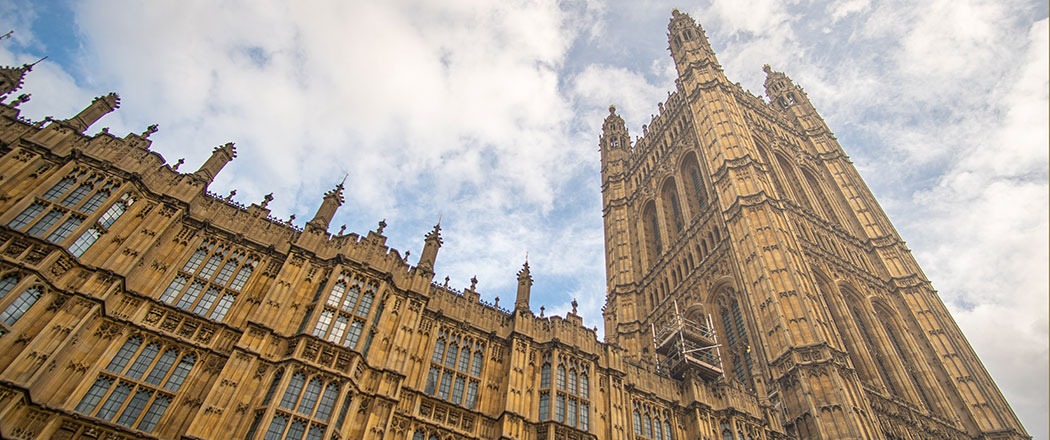
Independent review concludes legal aid system unsustainable

An independent review of legal aid by a cross-party group of MPs and peers delivered its highly anticipated report in October, concluding that the legal aid system was neither “sufficient” nor “sustainable”.
Members of the Westminster Commission on Legal Aid’s inquiry into the sustainability and recovery of the legal aid sector included former Labour justice minister Lord Willy Bach, cross-bencher Lord Colin Low and Baroness Helena Kennedy QC. Labour MP Karen Buck chaired the commission.
It recorded how all of its witnesses “described a palpable crisis in relation to the health and vitality of the legal aid workforce”.
Problems included “perceptions of an ageing demographic, difficulty with succession planning, fewer junior lawyers coming through, declining numbers of positions” and an inability of firms to justify the costs associated with training the next generation, given the current fees. The commission noted that, prior to 2010, the government provided training contract grants for legal aid firms which had supported, on average, 85 trainees a year.
It heard that law centres did still take on trainees but the “number is falling and there is a huge issue with retention”. Many legal aid lawyers reported losing juniors or colleagues to local authorities and the Crown Prosecution Service, where salaries were higher and there was a perception of more stability and a better work/life balance.
The commission said: “The overwhelming consensus from the evidence that we heard throughout the inquiry was that legal aid work and the rates payable are not financially viable for practitioners.”
Legal aid rates have not increased since 1996, and the commission recommended increasing them by inflation, using 2011 as a baseline. According to the services producer price inflation index, there has been a 25% rate of inflation since then.
It recommended the creation of an independent legal aid fee review panel which would carry out annual reviews of legal aid salaries and a return to publicly funded training grants for solicitors, barristers and CILEX Lawyers.
The commission called for the restoration of public funding for early legal advice to pre-LASPO levels in debt, employment, welfare benefits, immigration and private law family cases.
Public funding should be reinstated in housing disrepair cases, extended in domestic abuse cases and available to bereaved families at inquests.
Ms Buck said: “We began this inquiry fearing that life during the pandemic has intensified the underlying stresses on the legal aid system and those who work in it.
“The wealth of evidence we heard confirmed this to be the case. Levels of need have soared whilst access to legal aid and to legal aid providers, in both civil and criminal law has declined.”
The review echoed the problems that have been raised by CILEX for some time. Commenting on the report, CILEX CEO, Linda Ford highlighted the importance of diversity of providers, not just at an individual level but also at a firm level.
“Too many small-to-medium-sized firms are locked out of legal aid contracts,” she said. “For those that are able to secure these contracts, the rigidity in requirements imposed has threatened their cash flow and increased overheads. The system needs to open itself up to a wider range of smaller, more dynamic firms to improve its resilience and ability to adapt in meeting the needs of the public.”
CILEX welcomed the commission’s findings on the issue of court backlogs worsening access to justice and reiterated the role CILEX could potentially play in resourcing.
“CILEX has long had a ready-made solution in CILEX Lawyers, ready and able to help supply the justice system and help rebuild the pipeline of providers but who currently remain barred from roles such as that of Crown prosecutor. We will continue to lobby the government on this issue.”